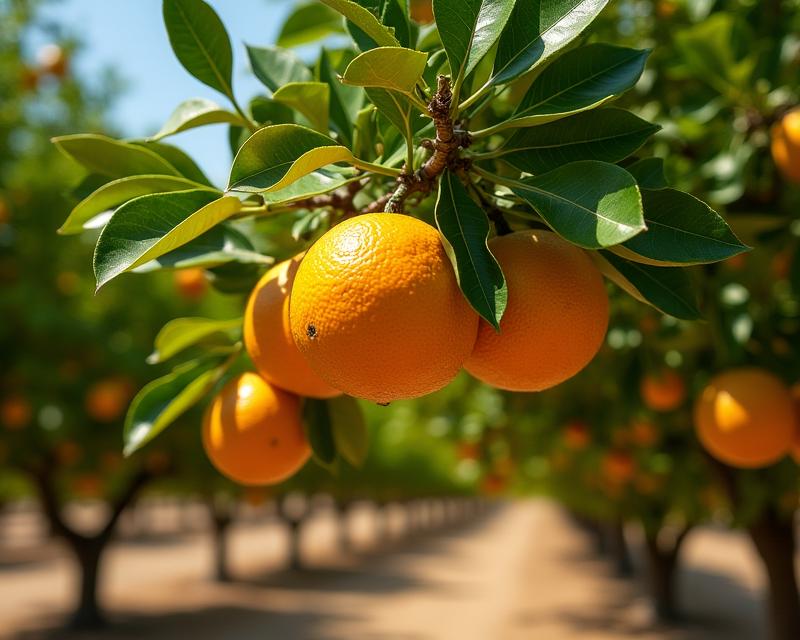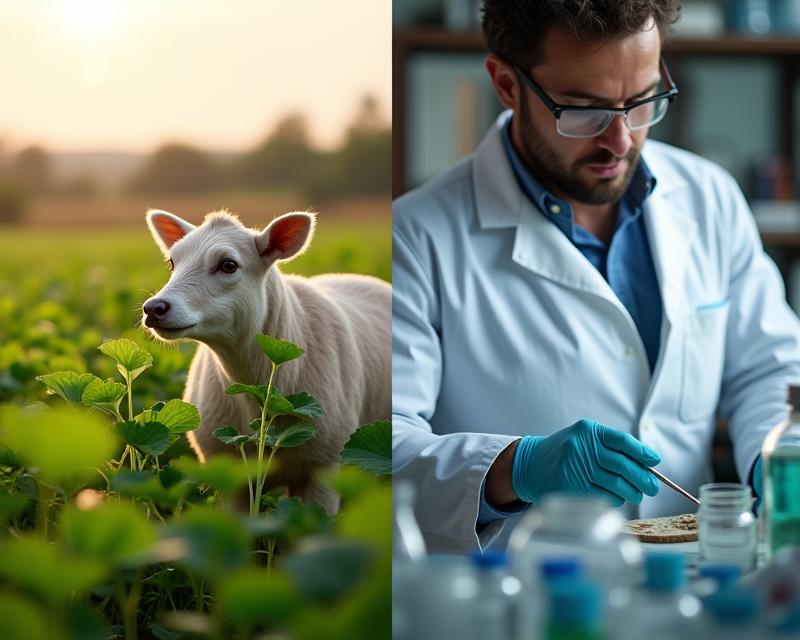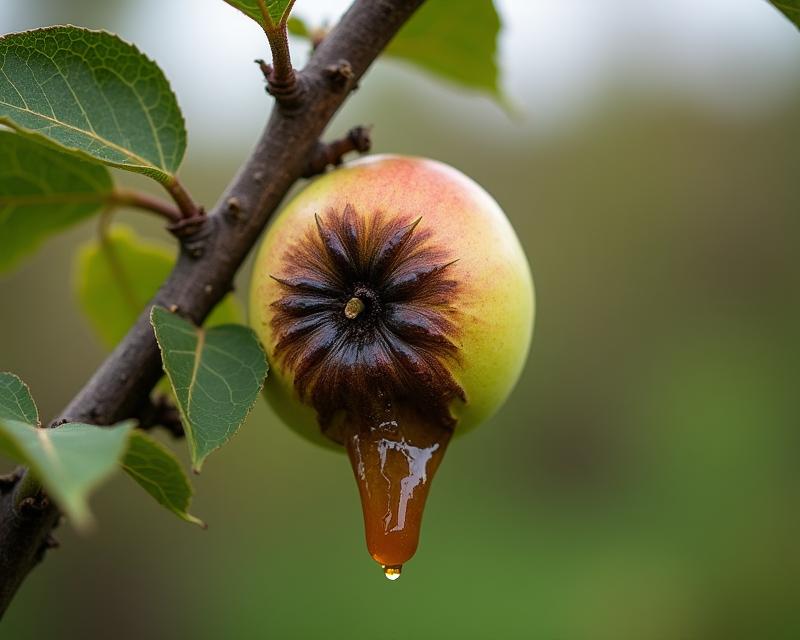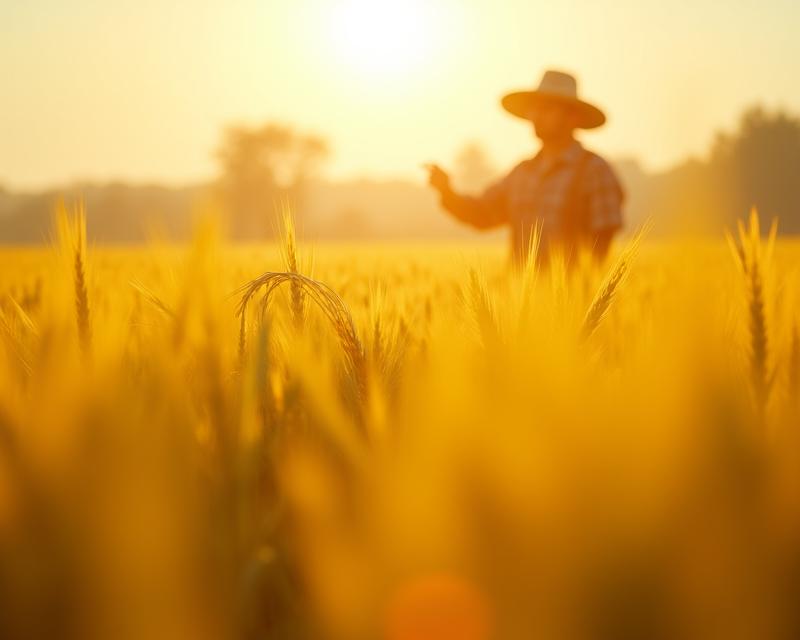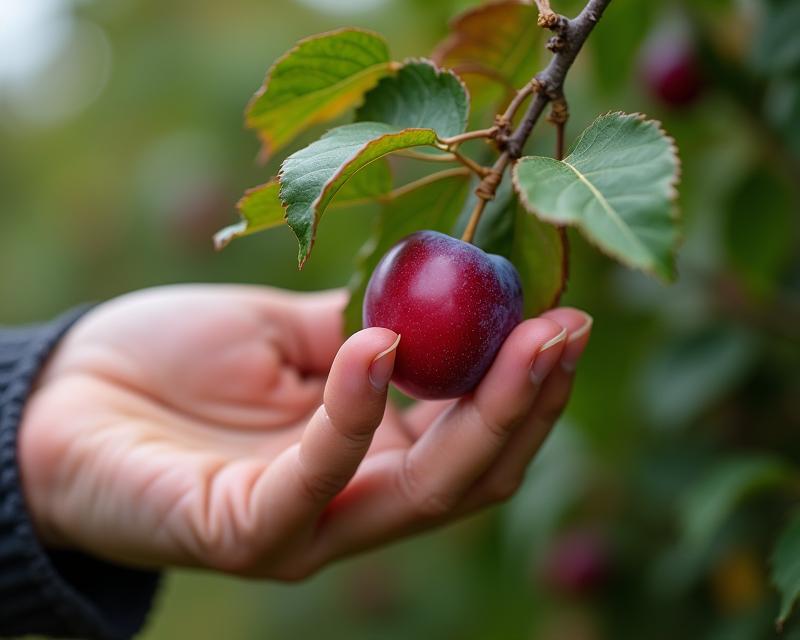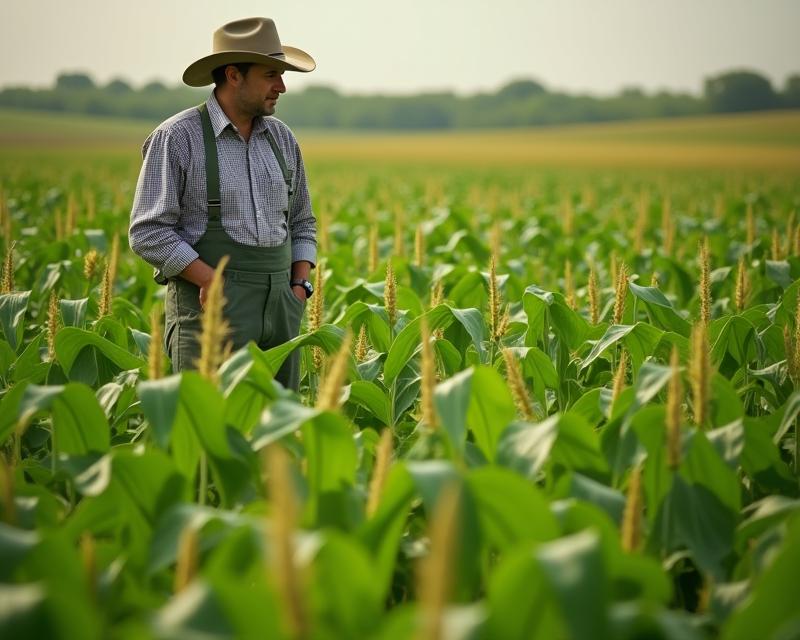Pollination Power: Bees & Your Garden
Publish in Crops el 05/07/2025 20:57
Pollination Power: Bees & Your Garden
Hello fellow growers! Ever wonder how your delicious vegetables actually get to be vegetables? The answer often lies with a tiny, buzzing friend: the pollinator! Pollination is the process of transferring pollen from the male part of a flower (the stamen) to the female part (the pistil), which is essential for fertilization and fruit/seed development. While some plants are self-pollinating, many of the crops we rely on for a healthy diet depend on pollinators to thrive.
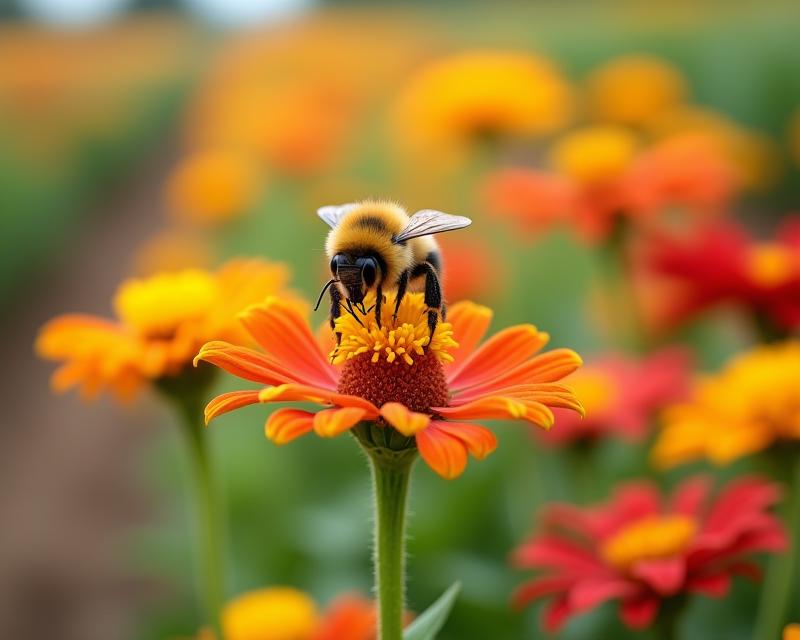
Why Do Vegetables Need Pollinators?
Many of the fruits and vegetables we enjoy – think tomatoes, squash, cucumbers, blueberries, and even coffee – require pollinators. Without them, you might end up with small, misshapen fruits or, in some cases, no fruit at all! The impact on yields can be significant, affecting both your harvest size and the overall quality of your produce. It's a crucial part of successful crop production, and understanding it can make a big difference in your garden or farm.
Which Crops Rely on Insects?
A wide variety of crops depend on insect pollination. Here's a quick rundown of some common examples:
- Tomatoes: Almost entirely reliant on pollinators.
- Squash & Pumpkins: Need bees for fruit development.
- Cucumbers: Pollination is essential for a good yield.
- Blueberries: Bees are critical for plump, juicy berries.
- Apples & Peaches: Depend on pollinators for fruit set.
- Pumpkins: Need pollinators for fruit development.
- Coffee: A significant portion of coffee production relies on bee pollination.
Beyond these, many other vegetables like peppers, melons, and even some beans benefit greatly from insect pollination. Knowing which crops are pollinator-dependent allows you to take proactive steps to support these vital creatures.
Attracting Pollinators to Your Farm/Garden
So, how can you encourage these beneficial insects to visit your farm or garden? Here are a few simple strategies:
- Plant a Variety of Flowers: Choose flowers that bloom at different times of the year to provide a continuous food source for pollinators. Native plants are particularly good choices!
- Avoid Pesticides: Many pesticides are harmful to pollinators. Opt for organic pest control methods whenever possible.
- Provide Water: A shallow dish of water with pebbles for insects to land on can be a lifesaver, especially during hot weather.
- Create Habitat: Leave some areas of your garden a little wild – a pile of leaves, some brush – to provide nesting sites for bees and other insects.
- Plant in Clusters: Plant flowers in groups to make them easier for pollinators to find.
By creating a pollinator-friendly environment, you'll not only boost your crop yields but also contribute to the health of our ecosystems. It's a win-win situation! Let's work together to support these essential partners in food production.
